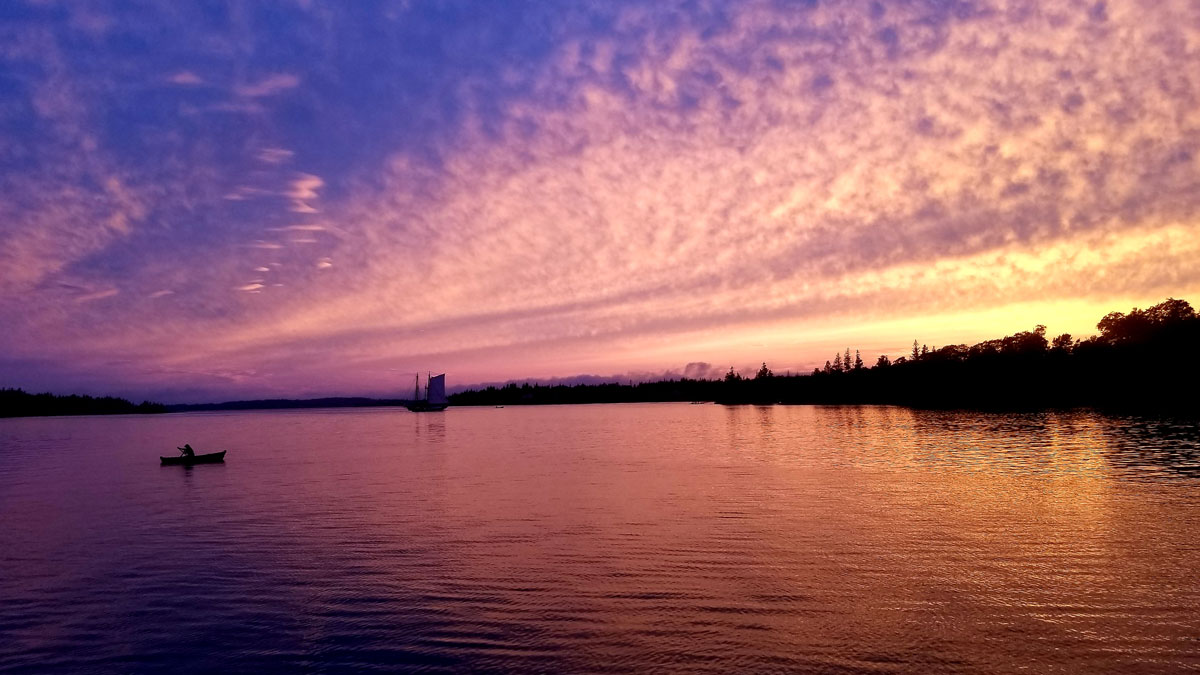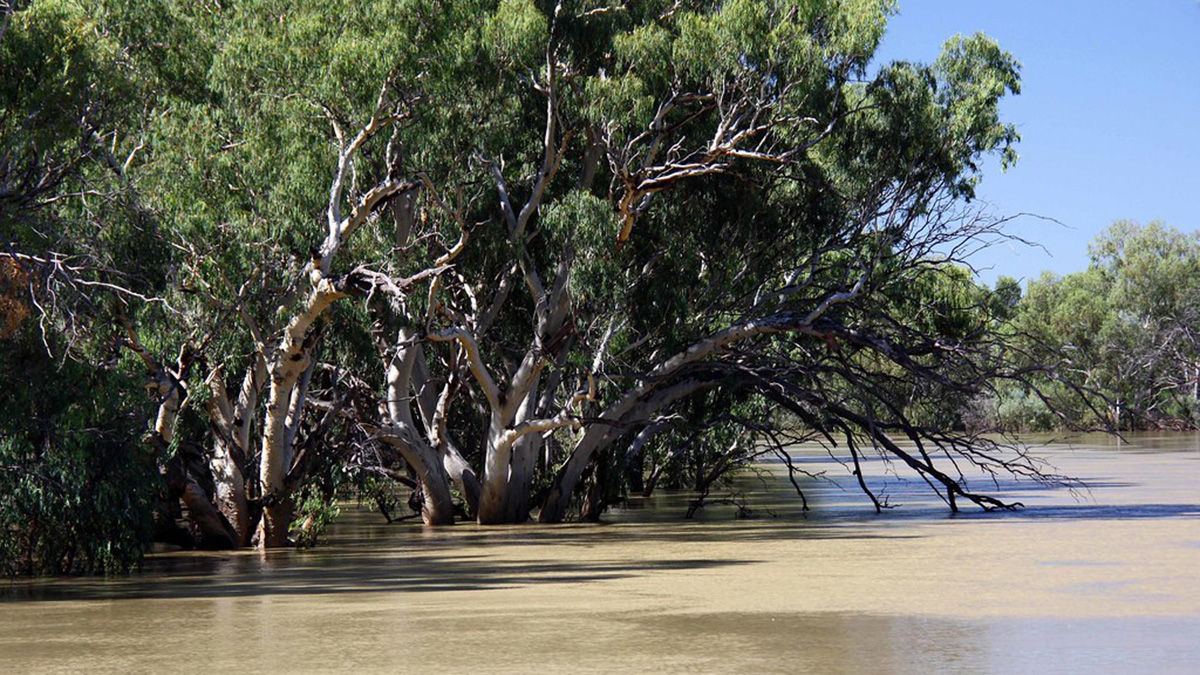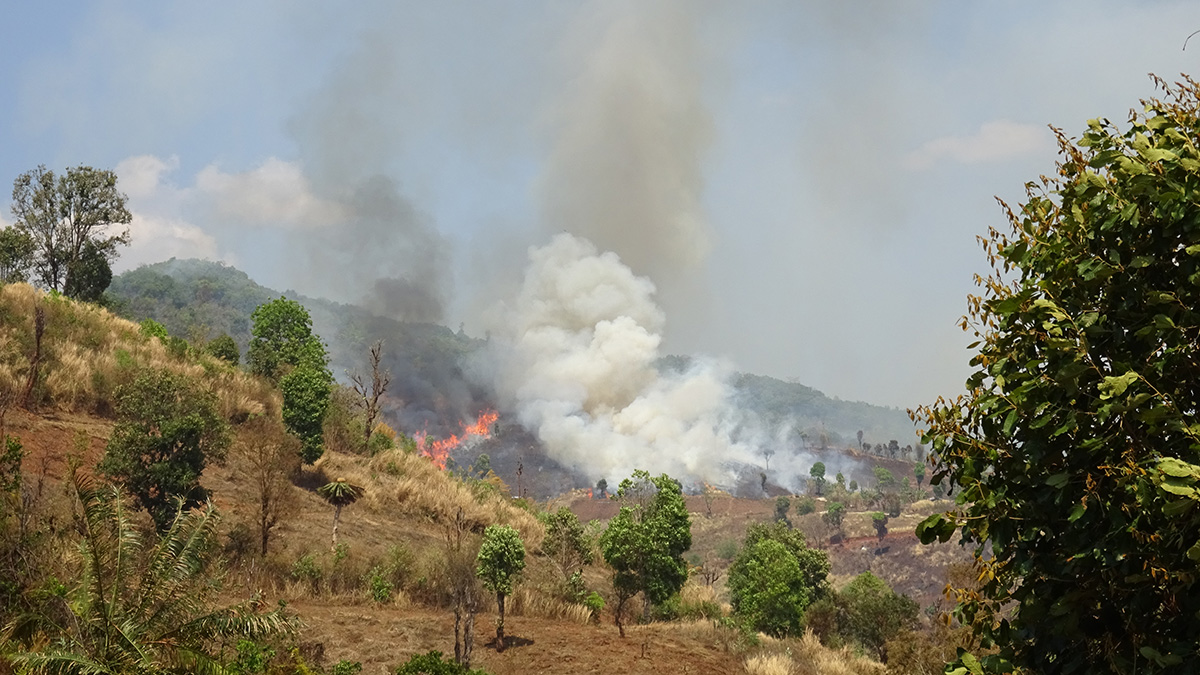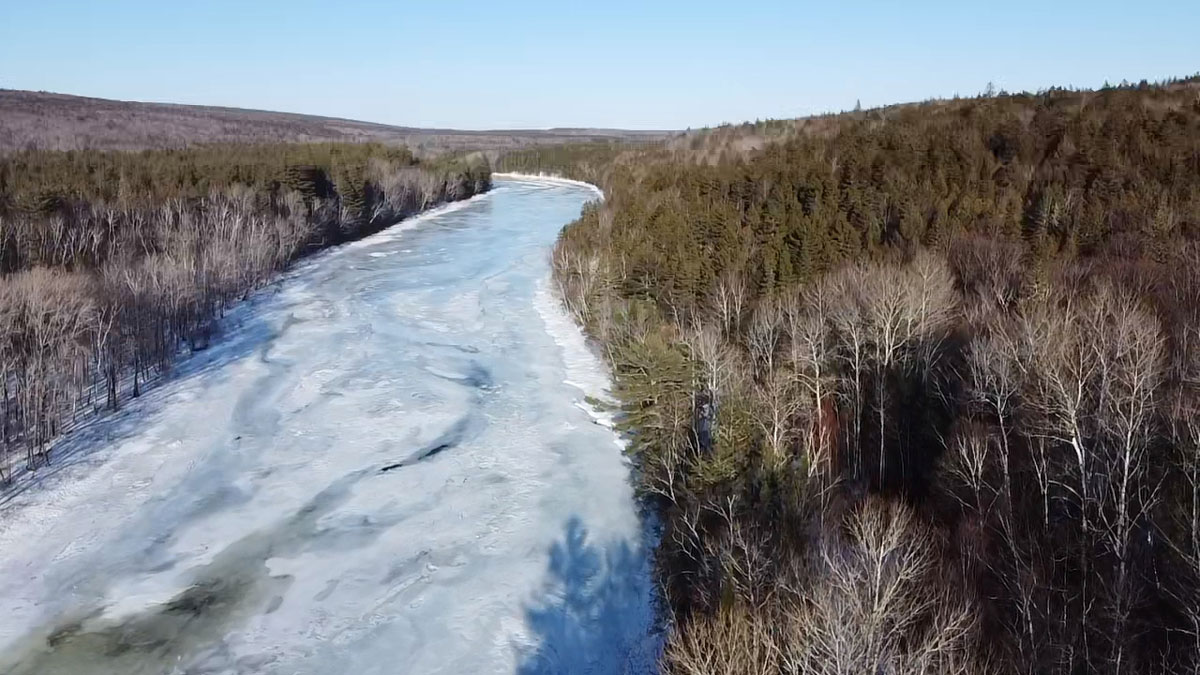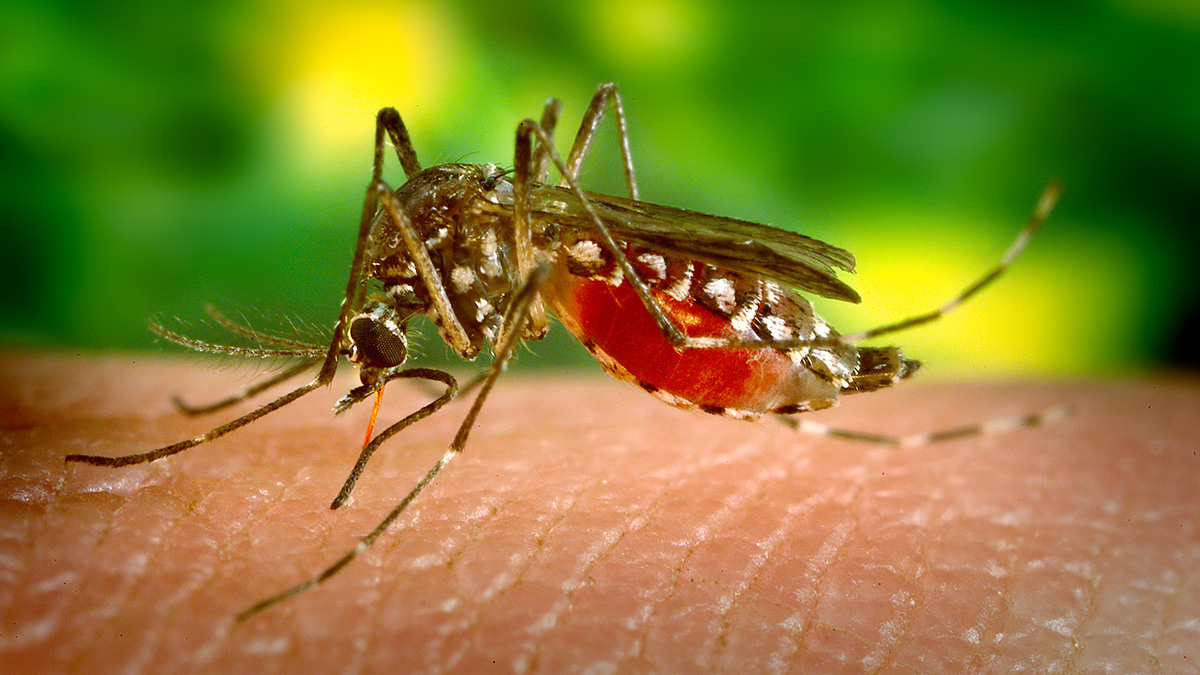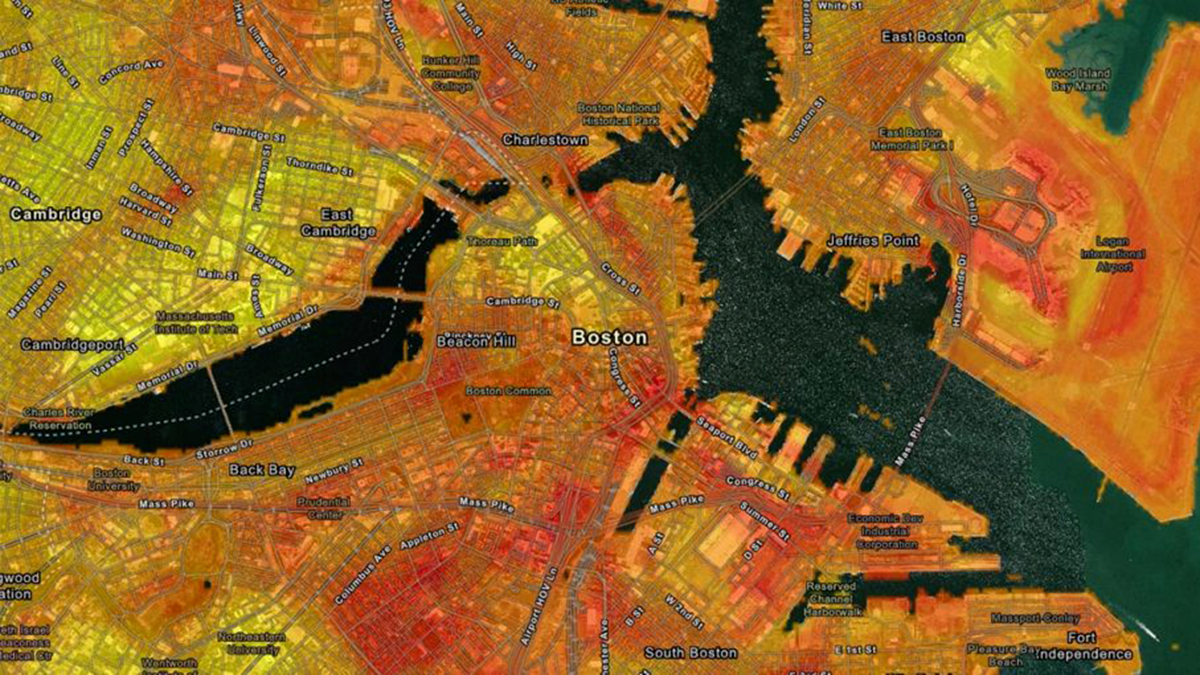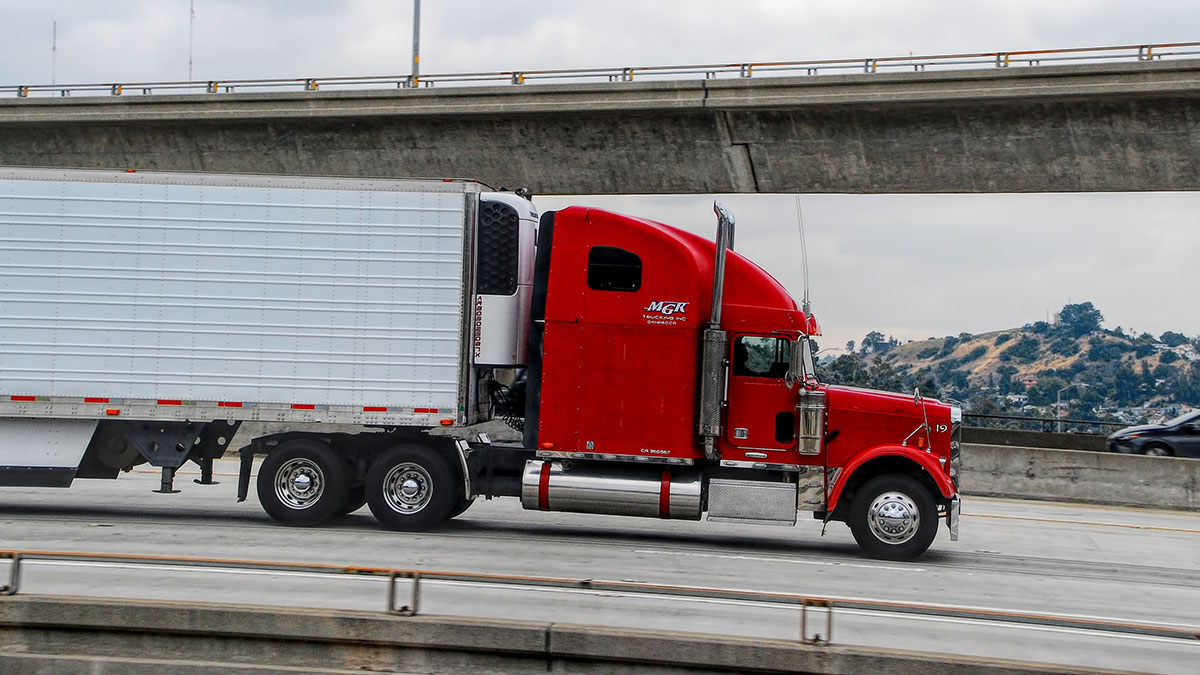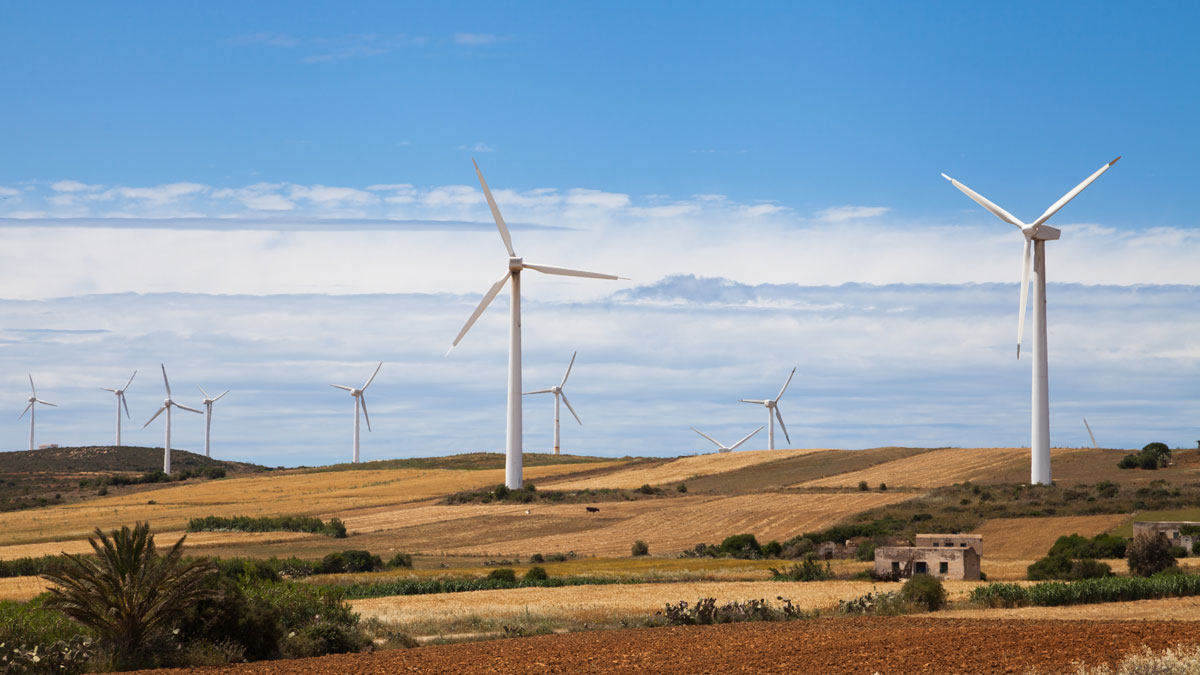Improvements in our ability to forecast oceanic conditions weeks to months in advance will help communities, industries, and other groups prepare amid a changing climate.
Health & Ecosystems
Windjamming on the Warming Gulf of Maine
Living in Geologic Time: A sailing venture reveals economic upheaval along Maine’s enduring coast.
Identifying the World’s Most At-Risk River Basins
Major river basins around the world, including the Amazon, may be hot spots for ecological shifts as the planet warms.
River Ice Can Shape Watershed Ecology
As river ice cover decreases, the physical and biological changes to river ecosystems vary with the watershed characteristics and river size.
App Tracks Harmful Mosquitos with Help from Crowdsourced Science
While collecting data using an app, volunteers have the chance to support research and fight mosquito populations on the ground.
Neighborhoods Are Feeling the Heat of Climate Change
It’s no secret there are disparities in exposure to climate change’s effects. A new study zeroes in on the demographics of neighborhoods subjected to the hottest temperatures.
Could AI Be Useful for Arctic Communities Facing Sea Ice Loss?
The forecasting tool IceNet promises to be a useful tool for evaluating sea ice loss in the Arctic. But ethical and logistic considerations have to be taken before scientific and Indigenous communities start working together.
An Eye in the Sky Tracks Air Pollution Inequality in U.S. Cities
A new study uses its data to show that diesel traffic is the largest source of pollution inequality across racial and economic divides
Air Pollution Killed a Million People in Africa in 2019
Experts say nature-based mitigation strategies and investment in renewables could reduce both indoor and outdoor air pollution and stimulate sustainable and safe growth.


